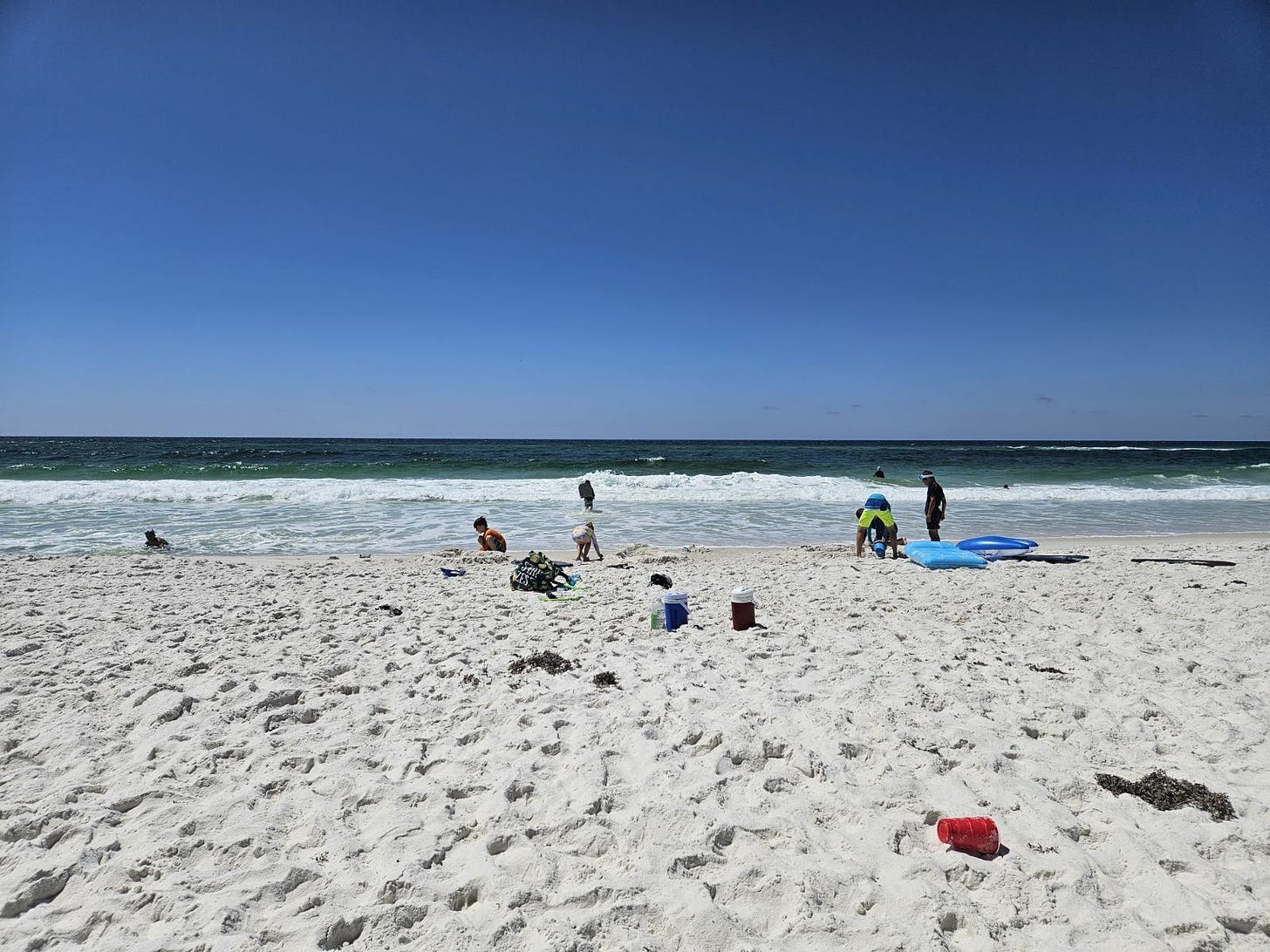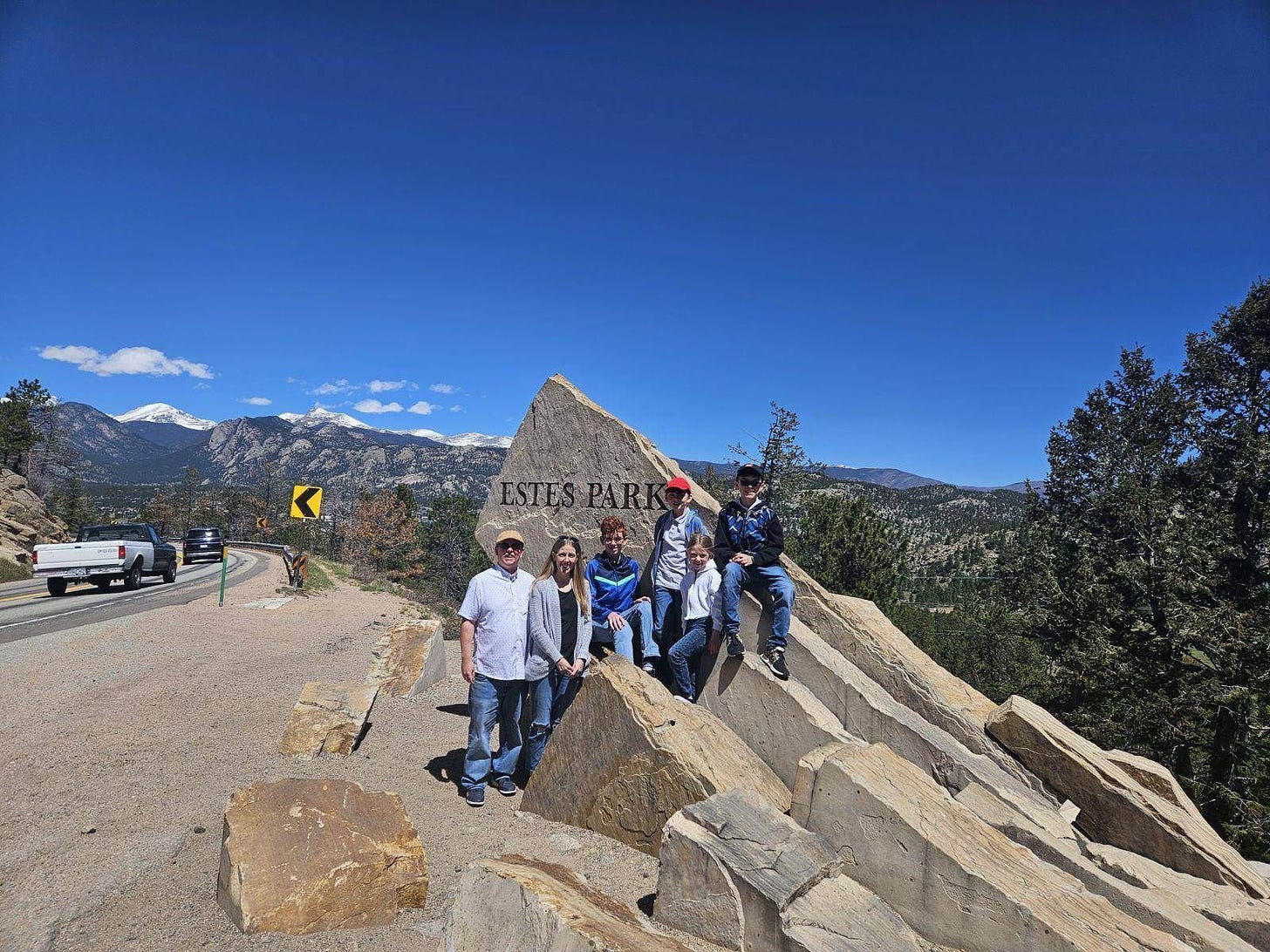On Commonplacing
Every biologist knew that the threat of a hoax was omnipresent. The most famous hoax, the Piltdown man, had gone undetected for forty years, and its perpetrator was still unknown. More recently, the distinguished astronomer Fred Hoyle had claimed that a fossil winged dinosaur, Archaeopteryx, on display in the British Museum, was a fraud. (It was later shown to be genuine.) The essence of a successful hoax was that it presented scientists with what they expected to see. And, to Ellie’s eye, the X ray image of the lizard was exactly correct.
Michael Crichton, Jurassic Park: A Novel. (New York: Random House Publishing, 2011). p. 48.
Great Ideas: History, Knowledge, Science, Truth, Time
One of the few popular level novelists whom I’ve developed an affinity for is Michael Crichton. I started reading his novels in 1995. Just before The Lost World hit bookshelves, I devoured Jurassic Park, Eaters of the Dead, and The Terminal Man in quick succession. I then persuaded my grandmother to buy me a copy of the brand-new hardback sequel to Jurassic Park. Any Crichton books I could acquire after that, I read through as quickly as I could, often staying up till two or three in the morning to finish a novel (rather than whatever studying I was not doing). By 1999 when I bought Timeline on release day, I had read The Andromeda Strain, The Great Train Robbery, Congo, Sphere, Rising Sun, Disclosure, Airframe, A Case of Need, and Five Patients. I watched every film adaptation I could access, and even gave ER a try (briefly). Some of the novels I re-read on whims, while others I never returned to. It’s safe to say that in those teenage years, Crichton did more to shape my imagination than anyone else.
But when I fell in love with the Great Tradition as an undergraduate, starting with John Milton and Beowulf, I fell out of love with Crichton’s work. I gave Next a try in 2009, but it did not capture me as the earlier stuff had. A decade later, I decided I’d at least revisit a book I knew well to see how it stood up. I picked up Sphere and was surprised at how much I still liked it. Even more so, I was surprised at how much it actually drew upon the Great Tradition. I re-read Eaters of the Dead next since it had obvious connections to the Tradition. Recently, my son asked if he could read Jurassic Park and so we read it simultaneously. It is definitely Crichton at the top of his game, and I found myself again unable to put it down. I hope to continue re-reading through Crichton’s corpus, and I plan to have more to say in the future. But for now, I’ll simply note that Crichton is underappreciated today.
On Reading & Researching & Writing
As Summer is upon us, my reading and researching labors are very different. I sent off two essays this month, one on Catholicism in Hemingway’s To Have and Have Not and the other on the college closure crisis. If they’re accepted for publication, I will be sure to link them here.
My reading has been far more personal, though some work is mixed in. I read John Beall’s Hemingway's Art of Revision: The Making of the Short Fiction for a review, and Andrew Naselli’s How to Read a Book: Advice for Christian Readers for another. Once those are published, I will link to them as well.
I’m also about to finish Milton’s Paradise Lost with my oldest son, and then I will start Homer’s Iliad with my second oldest. I finally read Until August by Gabriel Garcia Marquez, which I hope to have more to say about in the future. And I’ve worked back through Roger Scruton’s Beauty for a book club here in Arkansas. We’ve started reading The Last Unicorn as a family.
On Publishing
I had my first review with The University Bookman published this month. I wrote up some thoughts on Angel Adams Parham and Anika Prather’s The Black Intellectual Tradition put out by Classical Academic Press. The two-author nature of the book made it interesting in many respects. I thought the book as a whole was a great primer on understanding how the Classical Tradition (or the Great Tradition, or my personal favorite the Humane Tradition) offers liberation and growth regardless of skin color. You can read the whole thing over at the Kirk Center website.
On Traveling & Speaking
May has been a busy month. We traveled to Florida for a week, took in some festivities at Trinitas Christian School and enjoyed Pentecost Sunday with the saints at Providence Church. It was great to see everyone, including family and friends. We even made it to the beach before we headed back north.
We returned home to Fayetteville briefly and then headed out to Estes Park, CO. Ravencrest Bible School, where I spent 2001-2003, celebrated its 50th anniversary and I was excited to show the school to my children. Ravencrest played an important role in my formation as a young man, so it was a joy to see campus and show my kiddos some “real mountains.” I’ve got some further thoughts rolling around in my head, which I hope to publish here sometime in the coming weeks.
Now that we’re back in Arkansas, we have a violin recital this week and a Classical Education conference this weekend. With more travel in June and July, we won’t have another real slowdown until August. These are all wonderful things, of course, and we would not exchange them for anything less.
On Listening
I’ve been listening to Wagner’s Der Ring des Nibelungen while working here lately. Of the performances, the only one I have seen all the way through is Robert Le Page’s production with the Metropolitan Opera from 2010-2011. Of those, Das Rheingold and Götterdämmerung are my favorites. But this little clip from the opening of Siegfried will give you a taste of why this production is so visually satisfying in addition to be a musical masterpiece:






